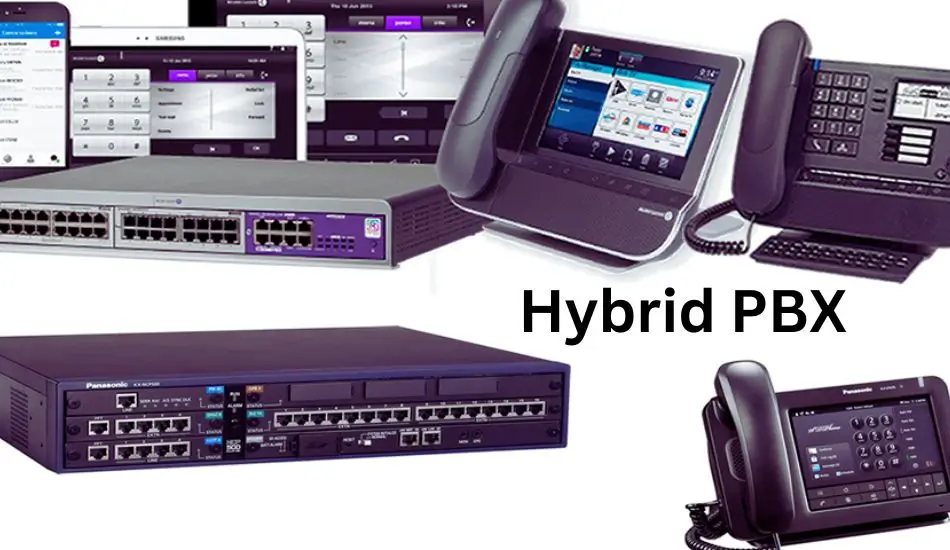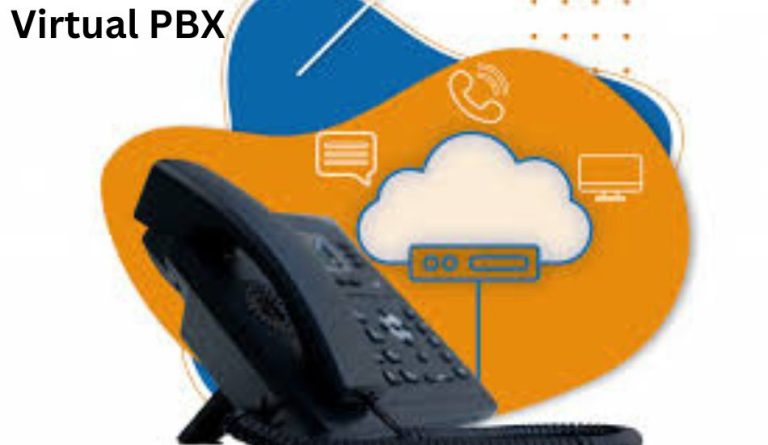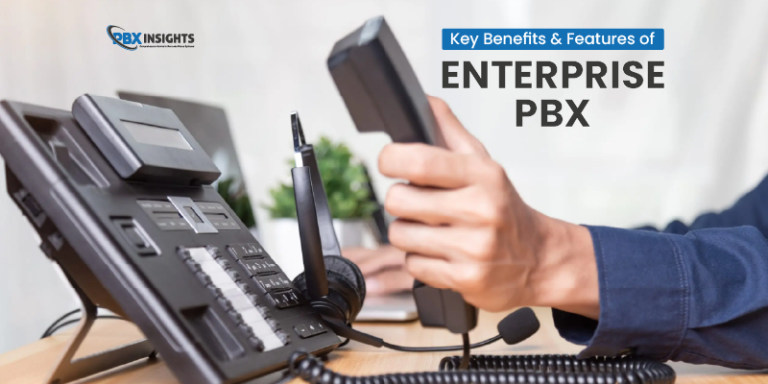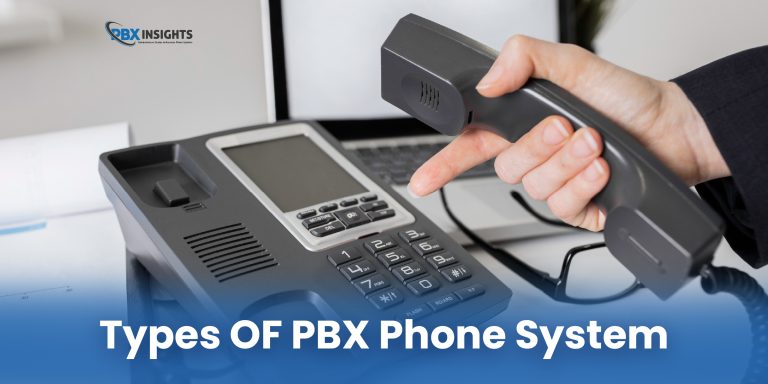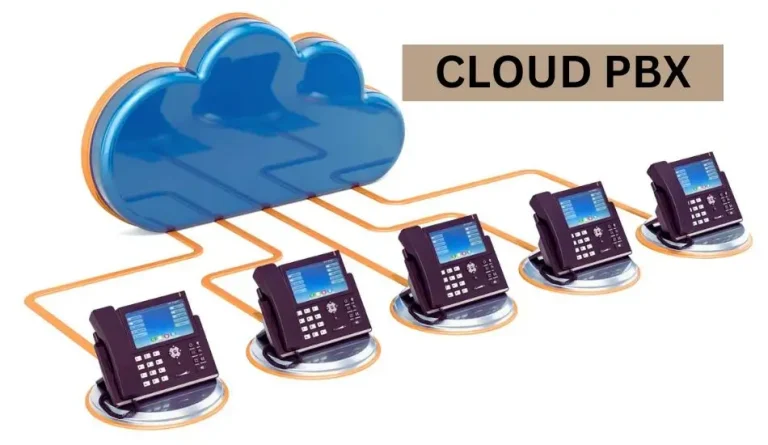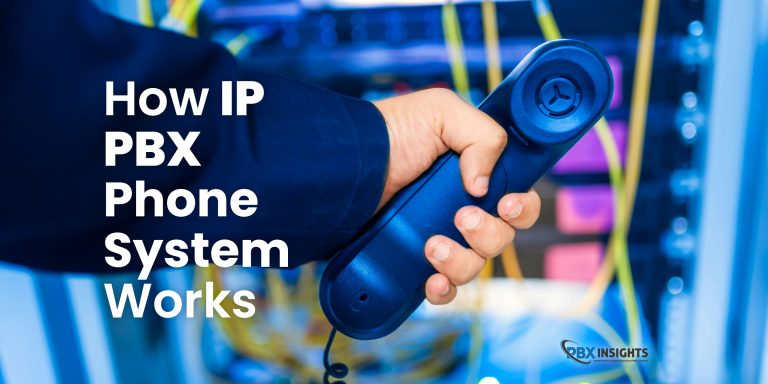Hybrid PBX: The Future of Business Communication
Introduction: Understanding Hybrid Systems Hybrid PBX systems are beginning to gain traction as a result of the technological shifts in business operations. By combining regular phone lines with Internet telephony, hybrid PBX gives businesses the opportunity to efficiently manage their communications resources. This technology is widely used in industries as the demand for cost-effective hybrid…
Introduction: Understanding Hybrid Systems
Hybrid PBX systems are beginning to gain traction as a result of the technological shifts in business operations. By combining regular phone lines with Internet telephony, hybrid PBX gives businesses the opportunity to efficiently manage their communications resources. This technology is widely used in industries as the demand for cost-effective hybrid systems grows globally.
What is a hybrid PBX?
An ordinary centre (PBX) and VoIP technology are both integrated into a single communication system known as a hybrid PBX. Businesses and employees can use both digital and analogue communication methods with this dual-purpose solution. Because the hybrid Private Business Exchange is an upgrade rather than a replacement, businesses can deploy it and keep their current system in place.
Key Features of Hybrid PBX
The most valued benefit of a hybrid PBX is its adaptability, which enables a company to adapt to communication developments.
These systems already offer advanced capabilities like:
- voicemail-to-email,
- automatic call distribution
- simple integration
into an existing environment. Businesses can expand without having to make a large expenditure increase because of the hybrid nature of hybrid PBXs.
Advantages of Using Hybrid PBX
Using a hybrid PBX has several benefits, such as reducing wasteful communication costs and boosting communication dependability. However, the hybrid method offers sufficient backup options and reduces international long-distance call expenses. For example, when the internet is down, firms can continue to communicate by using regular phone lines.
How Hybrid PBX Works
A hybrid PBX’s structure can work with both standard phones and gadgets that use the Internet Protocol for communication. For simple call management, it uses gateways to connect voice over internet protocol to older phone circuits. Businesses can progressively transition to new systems because of their dual-purpose capacity.
Hybrid PBX vs. Traditional PBX and VoIP Systems
The hybrid models have the most potential to be the most adaptable of all the previous models when compared to classic function PBX or VoIP-only systems. While VoIP performance is heavily dependent on internet availability, classic PBX lacks digital capabilities. Hybrid PBX combines the advantages of both. This makes it suitable for companies with a variety of communication needs.
Who Can Benefit from Hybrid PBX?
Businesses of all sizes can take advantage of the scalability that Hybrid PBX offers. Small and medium-sized businesses (SMEs) embrace this to a significant extent, while large businesses typically value its strong qualities. Hybrid systems are particularly useful in industries like healthcare, retail, and customer service since they demonstrate a high demand for scalable and reliable communication solutions.
Steps to Implement a Hybrid PBX System
Implementing a hybrid involves several key steps:
- Assessing current communication needs.
- Choosing the right hybrid PBX provider.
- Setting up gateways for analogue and digital connections.
- Training staff on the new system. This structured approach ensures a smooth transition with minimal disruption.
Challenges and Considerations
A number of factors need to be taken into account when implementing hybrid PBX systems, including recruiting additional personnel and beginning configuration requirements. However, these limitations are typically offset by the cost savings of ultimately having reliable and easy-to-use technologies.
Future of Hybrid PBX Systems
It is frequently projected that hybrid PBX systems would increasingly incorporate AI-powered solutions as technology advances. Predictive analytics and intelligent call handling capabilities are examples of such tools. A key component of company communications in the future, the hybrid approach to PBX will have more space for scalability and efficiency thanks to the cloud-built capabilities now in place.
Conclusion
A hybrid PBX system should be used to transform the way you communicate with your clients and employees because it is cost-effective and efficient. A hybrid PBX system that expands with your business and changes to meet its demands is what you should want. To keep ahead of the competition, look into your alternatives right now.
FAQs
1. What is a hybrid PBX?
A hybrid integrates a phone system that is based on the conventional PSTN model (PBX) and blends it with a modern and advanced form of telephoning that is VoIP. It allows an organisation to operate using both fixed communication as well as internet-based communication.
2. How does a hybrid PBX work?
Hybrid achieves this by connecting conventional telephone networks to VoIP. It employs gateways to link conventional telephone services with real-time communications. This includes the management and routing of incoming and outgoing calls.
3. What are the key features of a hybrid PBX system?
Hybrid does not solely use analogue lines like the old PBX but instead is a form that is a hybrid of analogue and digital technology. As such, an organisation has the option to incorporate VoIP without losing the features of a standard telephone line.

